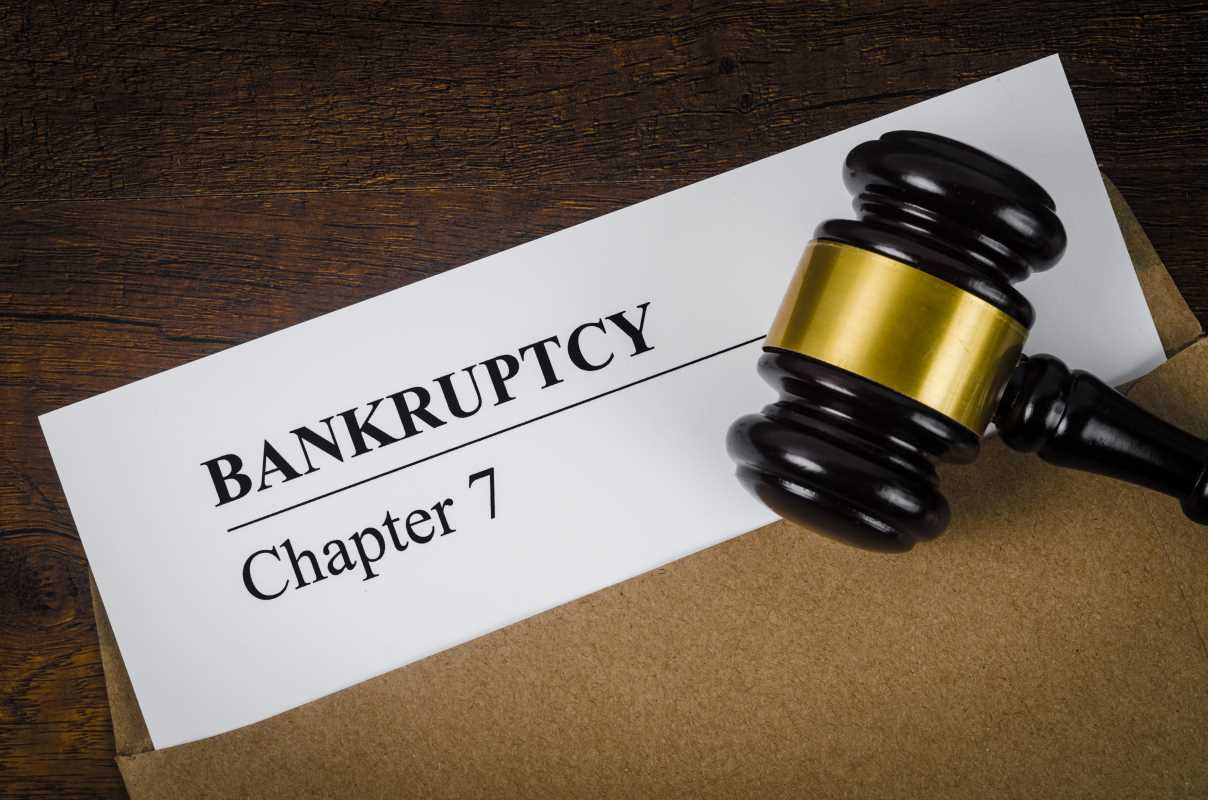Falling victim to fraud or scams is an awful experience. It can leave you feeling violated, frustrated, and stuck financially, especially when living paycheck to paycheck. Scammers often act quickly, leaving you scrambling to pick up the pieces. Thankfully, taking the right steps and strategies can help you take control again. Better yet, learning how to prevent fraud in the future will protect you against repeat incidents. We created a guide on what you can do after being scammed and how to stay safe going forward. It’ll help you regain your financial footing and peace of mind.
Take Action Immediately
Shutting down the scam as quickly as possible should be your first priority. Contact your bank or credit card provider immediately to report the fraudulent activity. Freeze your accounts or cards to stop more charges from being made. Many banks have 24-hour fraud hotlines that can block new transactions instantly.
Follow through by disputing unauthorized charges. If someone used your credit card fraudulently, most credit card companies offer zero-liability protection. The faster you report suspicious activity, the easier it is to recover funds and protect your account.
For scams involving personal information, such as identity theft, contact credit reporting agencies like Experian, TransUnion, or Equifax. Request a fraud alert on your credit report to notify lenders of suspicious activity. Freezing your credit entirely is another option to prevent new accounts from being opened in your name.
File a Report
Reporting the scam to authorities helps document the fraud for both legal purposes and investigations. Start by filing a report with the Federal Trade Commission (FTC) at IdentityTheft.gov or your country’s equivalent fraud agency. The FTC provides a recovery plan tailored to your specific issue.
Reach out to your local police department as well. They may not always solve the case, but having a police report on file can help with insurance claims or disputes with creditors.
For online scams, report the offender to the platform or service they used. So, you would file a claim with eBay, Amazon, or other marketplaces if a seller ripped you off. Reporting scammers where they operate helps prevent others from falling into the same trap.
Revisit Your Budget
Recovering financially after a scam often requires reassessing your budget. Scammers can drain your account or max out credit cards, leaving little wiggle room for everyday expenses. Start by listing all sources of income and essential bills, such as rent, utilities, groceries, and transportation.
Cutting back on non-essential spending, even temporarily, will speed up recovery. Consider canceling services like streaming subscriptions or meal kits to free up money for immediate needs. Redirecting savings to rebuild stolen funds makes a big difference in the long run.
If the scam left you short on rent or bills, contacting landlords or utility companies to explain your situation may help. Many are willing to offer extensions or create payment plans during financial hardship.
Monitor Your Accounts Closely
Keeping a close eye on your accounts after fraud is super important. Check your bank and credit card statements daily for any unfamiliar charges, no matter how small. Scammers often start with small test transactions before attempting larger ones.
Set up account alerts to receive notifications for all purchases, logins, or changes to account details. This real-time monitoring means you’ll know about unusual activity right away, which can stop further damage.
Trying to stay organized during this time is key. Keep a log of all calls, emails, and steps you take, along with case numbers provided by banks or agencies. Having records ready keeps you prepared to follow up when necessary.
Work On Your Credit
Fraud often harms your credit score, especially if scammers took out loans or ran up credit card balances in your name. Start by pulling your credit report for free at AnnualCreditReport.com. Review it carefully for any fraudulent activity. Look for accounts you didn’t open or balances that seem incorrect.
Dispute any errors immediately with the credit reporting agencies. Write a letter explaining each disputed item and provide supporting documents, such as fraud reports or bank statements. Fixing your credit could take time, but persistence pays off.
Learn to Spot Future Scams
Recognizing the warning signs of scams is crucial to prevent future incidents. Scammers often prey on emotions like fear, urgency, or excitement to trick victims. Be extra cautious anytime someone demands money immediately, especially by unusual methods like gift cards, wire transfers, or cryptocurrency.
Always double-check unsolicited offers or requests before providing personal information. If you receive a “too good to be true” deal online, look for reviews of the site or company before purchasing. Scammers frequently create fake websites that look convincing but have subtle clues, like poor grammar or a lack of contact information.
Emails and phone calls are common scam tactics. Watch for red flags like spelling mistakes, unfamiliar sender addresses, or aggressive tones urging you to act fast. Legitimate companies won’t ask for sensitive information like passwords or social security numbers over email or phone.
Use Technology to Protect Yourself
Protecting your devices and online accounts is another important layer of fraud prevention. Begin by securing your passwords. Use long, unique combinations of letters, numbers, and symbols for each login. Using a password manager keeps them safe and makes them easy to access.
Enable two-factor authentication (2FA) wherever possible. This adds an extra step to the login process by requiring a code sent to your phone or email. Even if scammers steal your password, 2FA makes it harder for them to get into your accounts.
Updating software and apps on all devices helps protect against hacking. Companies release updates frequently to patch security vulnerabilities, so keeping everything current adds a layer of defense.
Monitoring your credit regularly also prevents surprises. Many free services or credit card companies offer credit monitoring tools to notify you about new accounts or hard credit inquiries.
Protect Personal Information
Avoid sharing your personal information. It's one of the easiest ways to avoid scams. Avoid posting sensitive details like your address, birthdate, or financial information online. Even small pieces of data can give scammers what they need to impersonate you.
Shredding documents containing account numbers or personal details before disposing of them ensures they don’t fall into the wrong hands. This applies to old bills, bank statements, and even junk mail with pre-approved credit offers.
Limiting the amount of personal information shared on social media also reduces risk. Scammers often use details from public profiles to guess security answers or build fake personas to scam others.







